ACCA P4 Advanced Financial Management - 2010 - Study text - Emile Woolf Publishing
Подождите немного. Документ загружается.

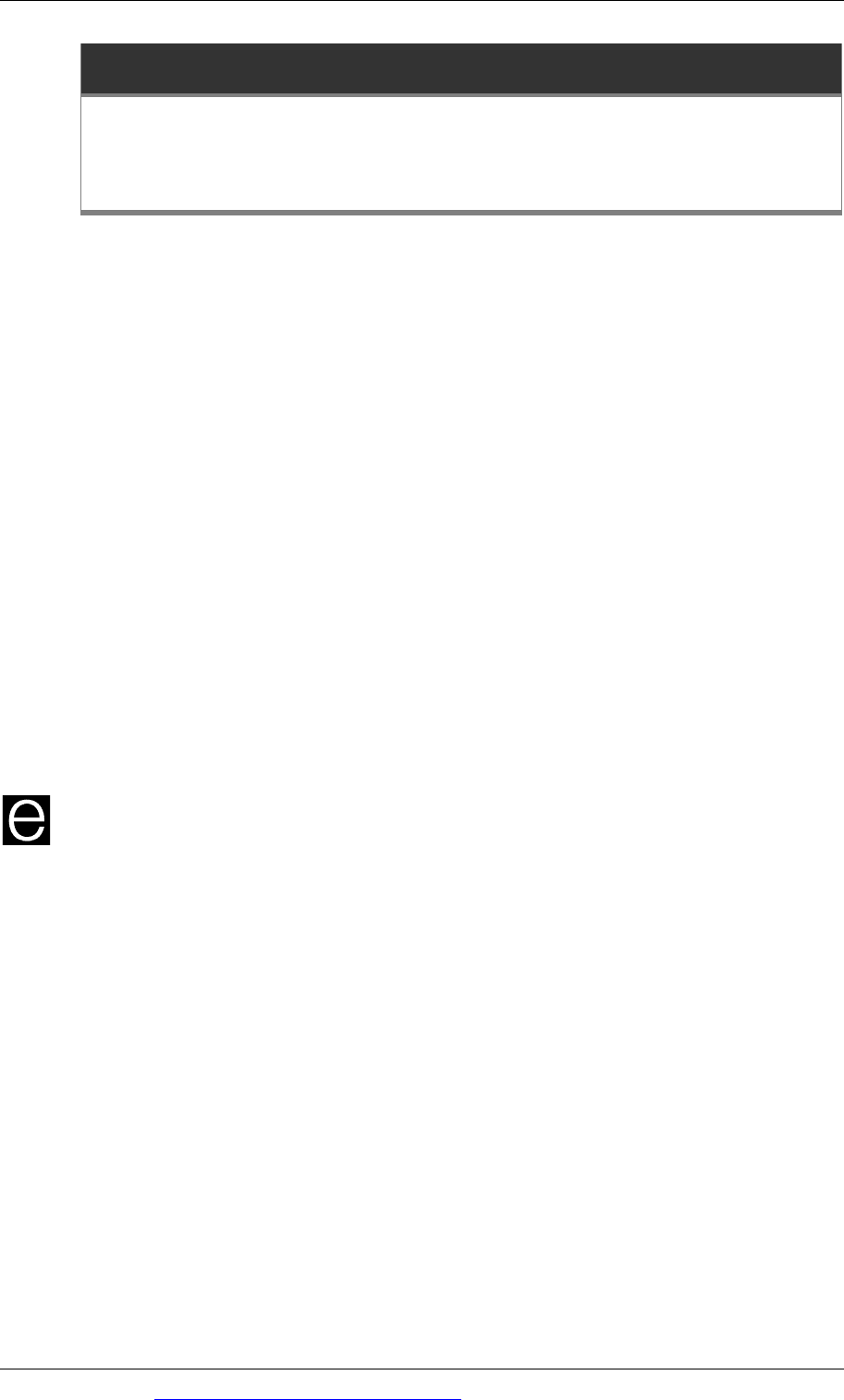
Chapter 13: Interest rate risk. Hedging with FRAs and swaps
© EWP Go to www.emilewoolfpublishing.com for Q/As, Notes & Study Guides 345
Currency swaps
The nature of currency swaps
Reasons for using currency swaps
FX swaps
5 Currency swaps
5.1 The nature of currency swaps
Interest rate swaps are swaps in the same currency, usually between a fixed rate and
a floating rate of interest, with interest calculated on a notional amount of principal.
Currency swaps are similar, but with some significant differences:
The swap is between two different currencies. One party pays interest on an
amount of principal in one currency. The other party pays interest on an
equivalent amount of principal in a different currency.
The interest rates that are swapped need not be a fixed rate in exchange for a
floating rate. A currency swap can be between a fixed rate in one currency and a
(different) fixed rate in the other currency.
There is an actual exchange of principal. There must be an exchange of principal
at the end of the swap, at a rate of exchange that is fixed at the beginning of the
swap. (There might also be an actual exchange of principal at the beginning of
the swap, but this is not usual.)
Example
A UK company has taken an opportunity to borrow US$180 million in the bond
markets, by issuing a seven-year bond. However, it wants to have its interest
liabilities in sterling, not dollars. It might therefore arrange a seven-year currency
swap in which the agreed exchange rate is £1 = US$1.80.
For the seven years of the swap, the UK company will receive fixed rate interest
in US dollars from the swap counterparty. The interest received on each interest
payment date will be interest for the period at the agreed swap rate for US
dollars, on $180 million.
The UK company will pay interest in the swap on £100 million, also at a fixed
rate agreed in the swap.
The interest received in US dollars can be used to meet the dollar interest
liabilities on the bonds. This leaves the company with net interest obligations in
sterling.
At the end of the swap, there is an exchange of principal. The UK company will
receive US$180 million from the swap counterparty and in exchange must pay
£100 million. It will use the US$180 million to redeem the dollar bonds.

Paper P4: Advanced Financial Management
346 Go to www.emilewoolfpublishing.com for Q/As, Notes & Study Guides © EWP
The effects of the currency swap may be summarised as follows:
Interest Principal payments (end of the swap)
Bonds Pay dollars Pay dollars ($180 million)
Currency swap
Receive dollars
Receive dollars ($180 million)
Pay sterling
Pay
sterling
Net effect Pay sterling
Pay sterling
The effect of the currency swap has therefore been to borrow in one currency, but
swap the interest and loan principal repayment liabilities into a different currency.
Currency swaps are therefore used to hedge long-term currency risk.
5.2 Reasons for using currency swaps
As the previous example shows, currency swaps can be used to swap interest
payment and principal repayments from one currency into another, and so are a
method of hedging long-term currency risk exposures.
Companies can use currency swaps to borrow at a favourable interest rate in the
international loans or bonds markets, and swap their liabilities into a currency of
their preference. This could enable them to borrow more cheaply than borrowing
directly in the currency of their preference.
If the currency swap involves an exchange of interest at a fixed rate in one currency
for a floating rate in the other currency, the swap can also be used to hedge interest
rate risk.
However, currency swaps are far less common than interest rate swaps. Interest rate
swaps are used extensively in the financial markets, particularly by banks and other
financial institutions.
5.3 FX swaps
An FX swap is similar to a currency swap, but with one important difference.
In a currency swap, the two swap counterparties exchange a series of interest
payments in the two currencies over the life of the swap.
In an FX swap, there is no exchange of interest payments. There is an exchange
of principal at the start of the swap and a re-exchange at the end of the swap, but
there are no cash flows during the term of the swap.
The reason for having FX swaps is that a company might find it difficult to raise
debt in a particular currency. For example, a company might want to issue bonds in
a currency for which the bond market is illiquid and not popular with investors. The
company might want to issue bonds to obtain a liability in the currency for the
purpose of hedging its currency exposures.

Chapter 13: Interest rate risk. Hedging with FRAs and swaps
© EWP Go to www.emilewoolfpublishing.com for Q/As, Notes & Study Guides 347
To create its liability in the currency, the company might:
Issue bonds in another currency, such as US dollars
Arrange an FX swap for the immediate exchange of the dollars for the other
currency. The company would then have a liability to repay the currency at the
end of the term of the swap.

Paper P4: Advanced Financial Management
348 Go to www.emilewoolfpublishing.com for Q/As, Notes & Study Guides © EWP

© EWP Go to www.emilewoolfpublishing.com for Q/As, Notes & Study Guides 349
Paper P4
Advanced Financial Management
CHAPTER
14
Futures and hedging
with futures
Contents
1 Financial futures
2 The role of the futures exchange
3 Open positions and closing positions
4 Ticks and tick values
5 Basis and basis risk
6 Hedging risk exposures with futures
7 Currency futures
8 Short-term interest rate futures (STIRs)
9 Hedging with bond futures and stock index
futures
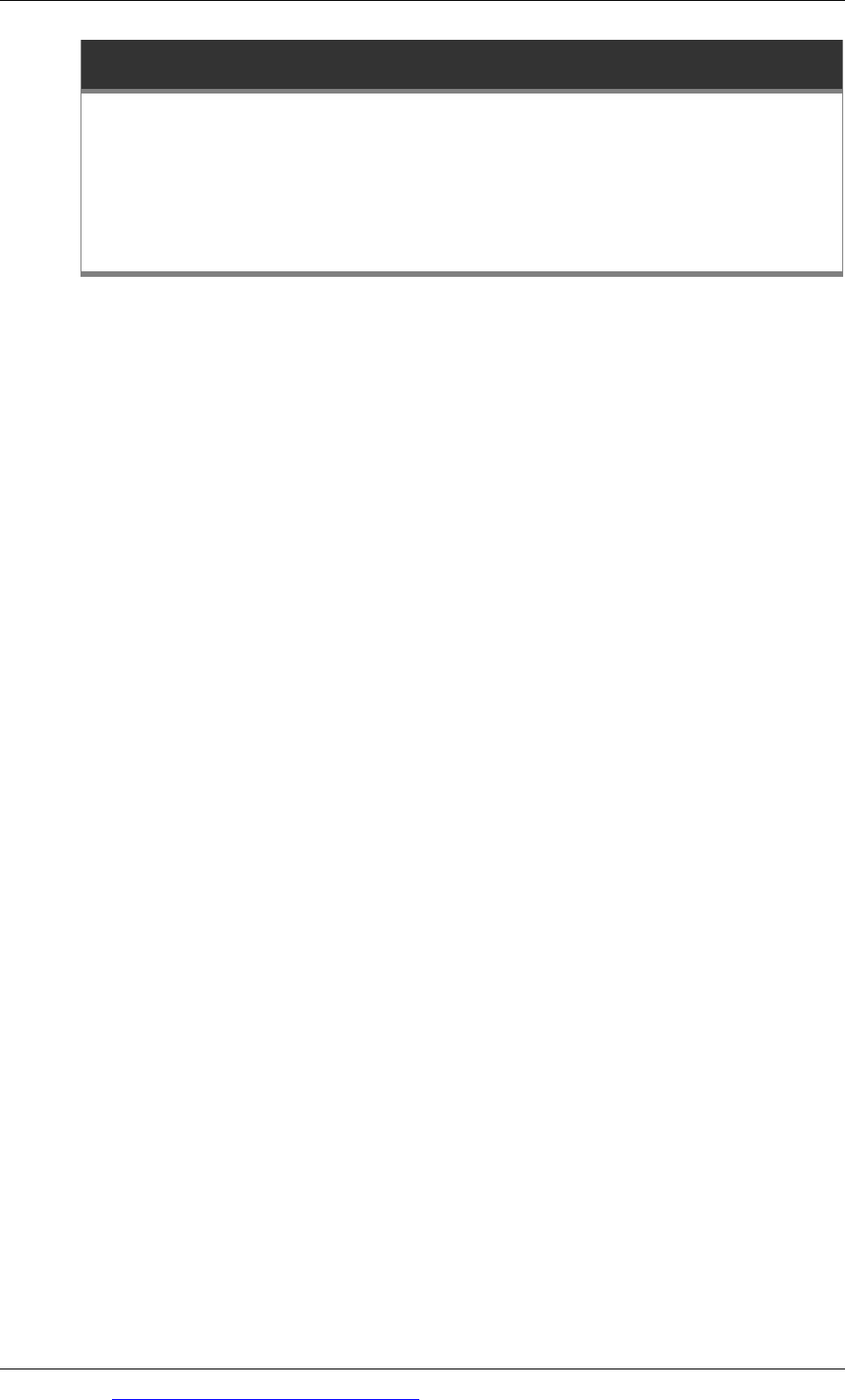
Paper P4: Advanced Financial Management
350 Go to www.emilewoolfpublishing.com for Q/As, Notes & Study Guides © EWP
Financial futures
The nature of futures contracts
Commodity futures and financial futures
Futures exchanges
Settlement dates
Futures prices
1 Financial futures
1.1 The nature of futures contracts
A future is forward contract for the purchase or sale of a standard quantity of an
item, for settlement or delivery at a specified future date. It is therefore a contract to
buy or sell a quantity of an item at a future settlement date, at a price agreed ‘now’.
Futures contracts have some special features.
They are standardised contracts. Every futures contract for the purchase/sale of
a particular item is identical to every other futures contract for the same item,
with the only exception that their settlement dates/delivery dates may differ.
They are traded on an exchange, rather than negotiated ‘over-the-counter’.
1.2 Commodity futures and financial futures
Commodity futures are futures contracts for the sale and purchase of standard
quantities of standard commodities, such as wheat, oil, copper, gold, rubber, soya
beans, coffee, cotton, sugar, and so on.
Financial futures are futures contracts for the sale and purchase of a financial item,
such as a quantity of currency, a notional portfolio of shares, a quantity of notional
government bonds, a notional three-month deposit, and so on. There are currency
futures, short-term interest rate futures, bond futures and stock index futures.
1.3 Futures exchanges
Futures are traded on futures exchanges. Each futures exchange has its own
particular futures contracts. Only in a few cases do two futures exchanges compete
for business by offering trading in similar futures contracts.
The major futures exchanges include the Chicago Board of Trade (CBOT) and
Chicago Mercantile Exchange (CME), Eurex and LIFFE.

Chapter 14: Futures and hedging with futures
© EWP Go to www.emilewoolfpublishing.com for Q/As, Notes & Study Guides 351
1.4 Settlement dates
Futures are traded on a futures exchange for just four settlement dates each year.
These are usually in March, June, September and December. Futures are therefore
referred to by their settlement date, such as March Eurodollar futures or September
S&P500 futures.
The actual settlement date for contracts in each month is specified by the futures
exchange. In examination questions it is normally assumed (for simplicity) that
contract settlement dates are at the end of the month.
1.5 Futures prices
The price for futures is the price at which buyers and sellers agree to make a
transaction with each other.
Dealing in futures contracts continues throughout the trading day on the futures
exchange, and the prices at which futures are bought and sold vary with each
transaction. However, the exchange authorities receive information about the prices
of transactions that have been made, and up-to-the minute price information is
published to the market. Buyers and sellers of futures are therefore aware of what
current market prices are.
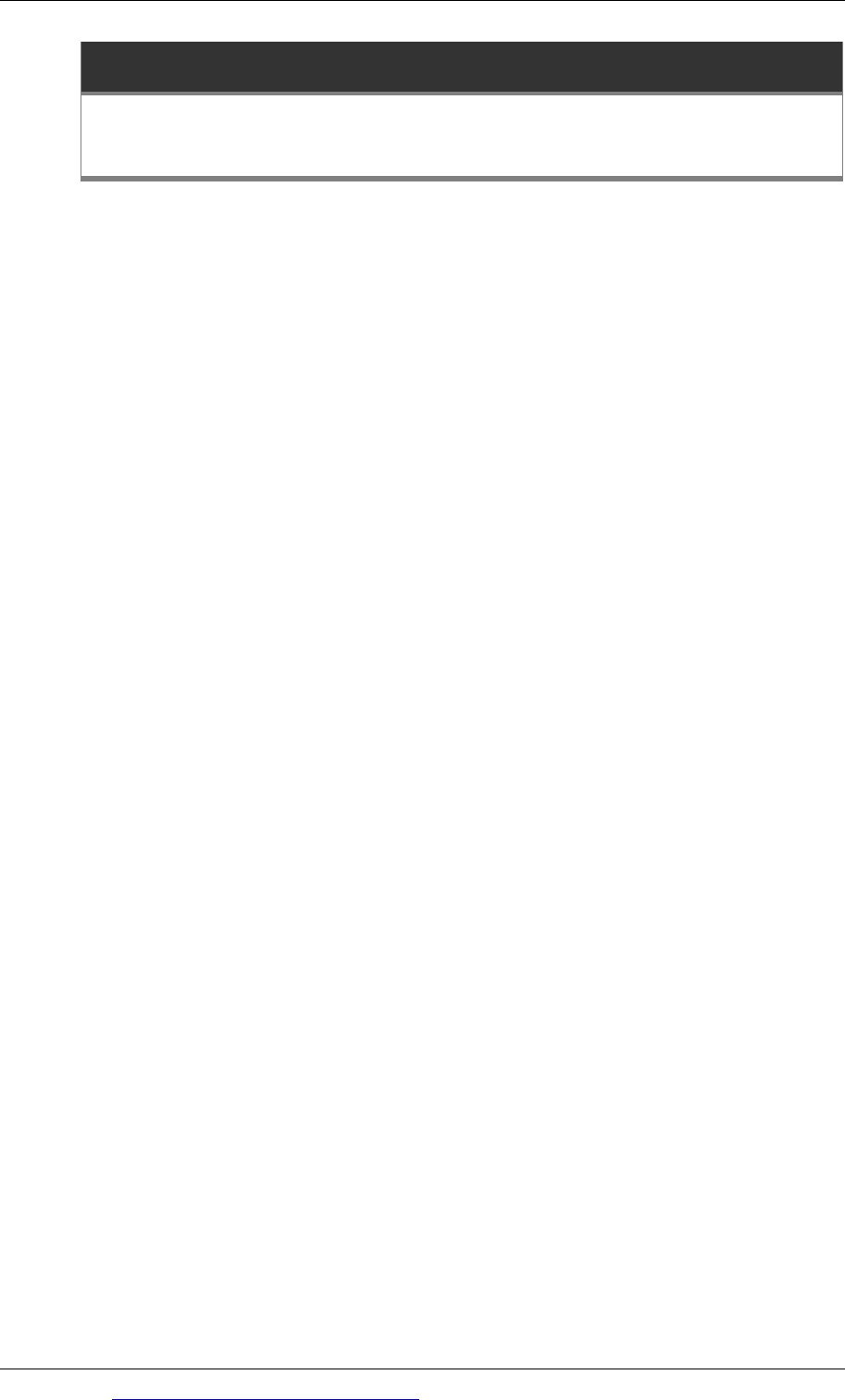
Paper P4: Advanced Financial Management
352 Go to www.emilewoolfpublishing.com for Q/As, Notes & Study Guides © EWP
The role of the futures exchange
Counterparty to all trades
Margin
2 The role of the futures exchange
The futures exchange regulates the market that it provides. It establishes rules of
conduct and provides the systems in which trading can take place. In addition, the
exchange provides security to the market by virtually eliminating credit risk for its
participants.
2.1 Counterparty to all trades
An important feature of trading on a futures exchange is that when a buyer and
seller agree a transaction in futures and report the transaction to the exchange, the
exchange takes on the role of counterparty to the buyer and the seller in the
transaction. This means for example that if X makes a transaction to sell 20
December currency futures to Y:
the futures exchange will become the buyer of 20 December futures from X and
the exchange will also become the seller of 20 December futures to Y.
Both X and Y have a contract with the exchange, and not a contract with each other.
X is therefore not relying on the good credit standing of Y to honour the contract,
and Y is not relying on the good credit standing of X. They both rely on the credit
standing of the exchange itself. Since the credit status of the exchange is high, the
credit risk is minimised.
The exchange protects itself against credit risk from participants in the exchange, by
means of a system of margin payments. Margin payments are explained below.
(Note: Strictly speaking, the exchange itself is not the counterparty to every
transaction. The exchange is represented by a clearing house, that acts as
counterparty to every transaction. For the LIFFE futures exchange in London, for
example, the clearing house is the London Clearing House or LCH).
2.2 Margin
After someone has bought or sold futures at an agreed price, the market price of the
futures will move up or down. The buyer or seller of the futures will make a gain or a
loss on the futures position, depending on whether the market price has moved
favourably or adversely. If the price moves adversely by a large amount, a person
might have a large loss on his futures position. A problem for the futures exchange is
how to prevent someone with a large loss from refusing to settle the contract and pay
for the loss. This problem is overcome by a requirement for every position in futures to
be covered by a cash deposit with the exchange. This cash deposit is called a margin.
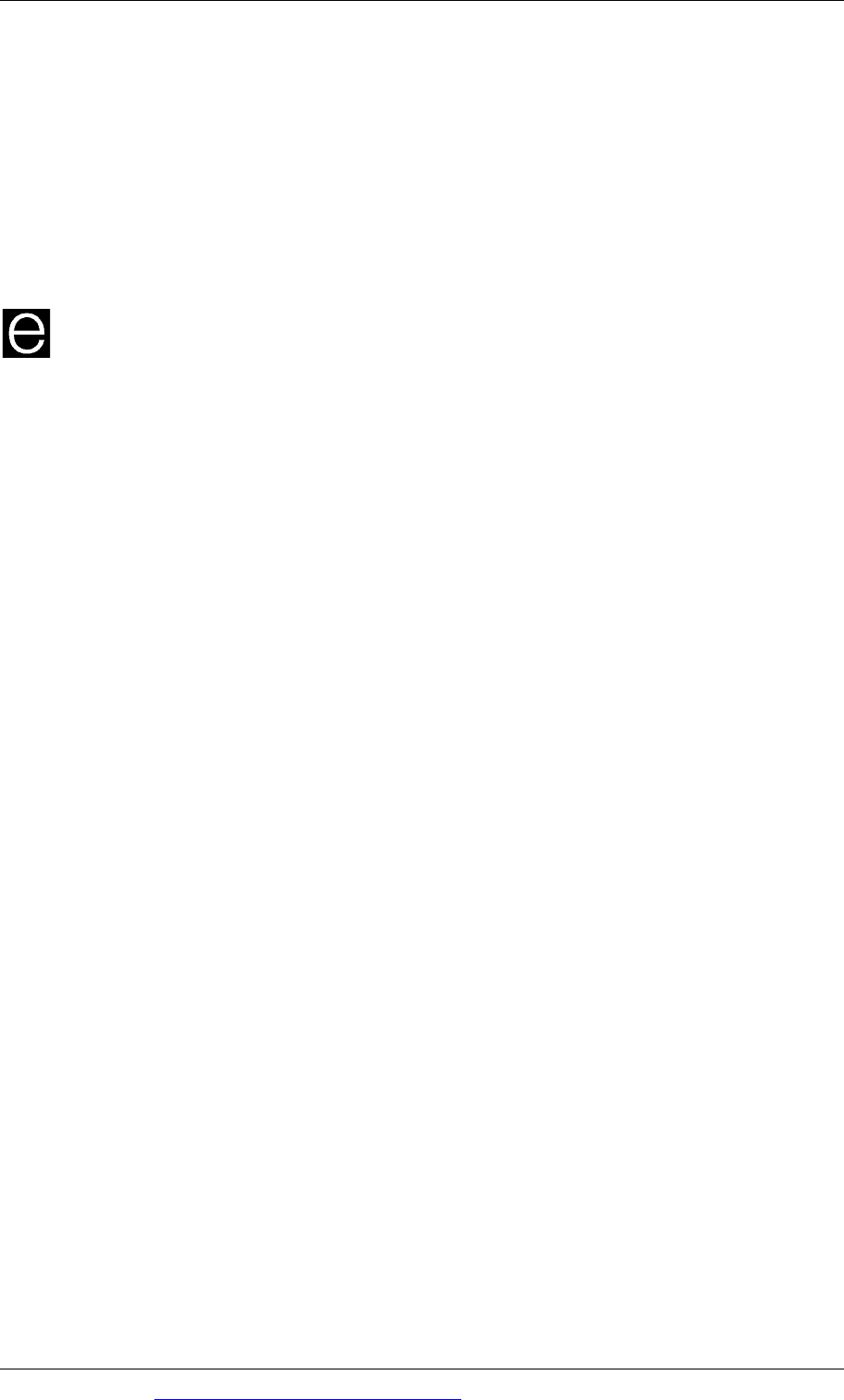
Chapter 14: Futures and hedging with futures
© EWP Go to www.emilewoolfpublishing.com for Q/As, Notes & Study Guides 353
When two parties agree to the sale/purchase of a quantity of futures, both
parties are required to pay a cash deposit, called an initial margin, to cover the
risk of short-term losses on their position.
If a position goes into loss because the market price moves adversely, the exchange
will call for an additional cash payment of variation margin to cover the loss.
In this way, all loss positions have been covered by cash payments, and there is no
credit risk for the exchange from non-payment of losses by the buyers or sellers of
futures contracts.
Example
A company arranges to buy futures on coffee at a contract price of $2,000 per tonne.
Having bought the futures, it must pay a deposit or initial margin to the futures
exchange. The seller of the coffee futures must also pay initial margin.
If the ‘spot’ price of coffee then falls, and the price of coffee futures falls too, the
company will be making a loss on its futures position. To cover these losses, the
exchange will ask the company to pay an additional variation margin.
Margin protects the futures exchange against bad debt risk from buyers or sellers of
futures who makes losses on their position.
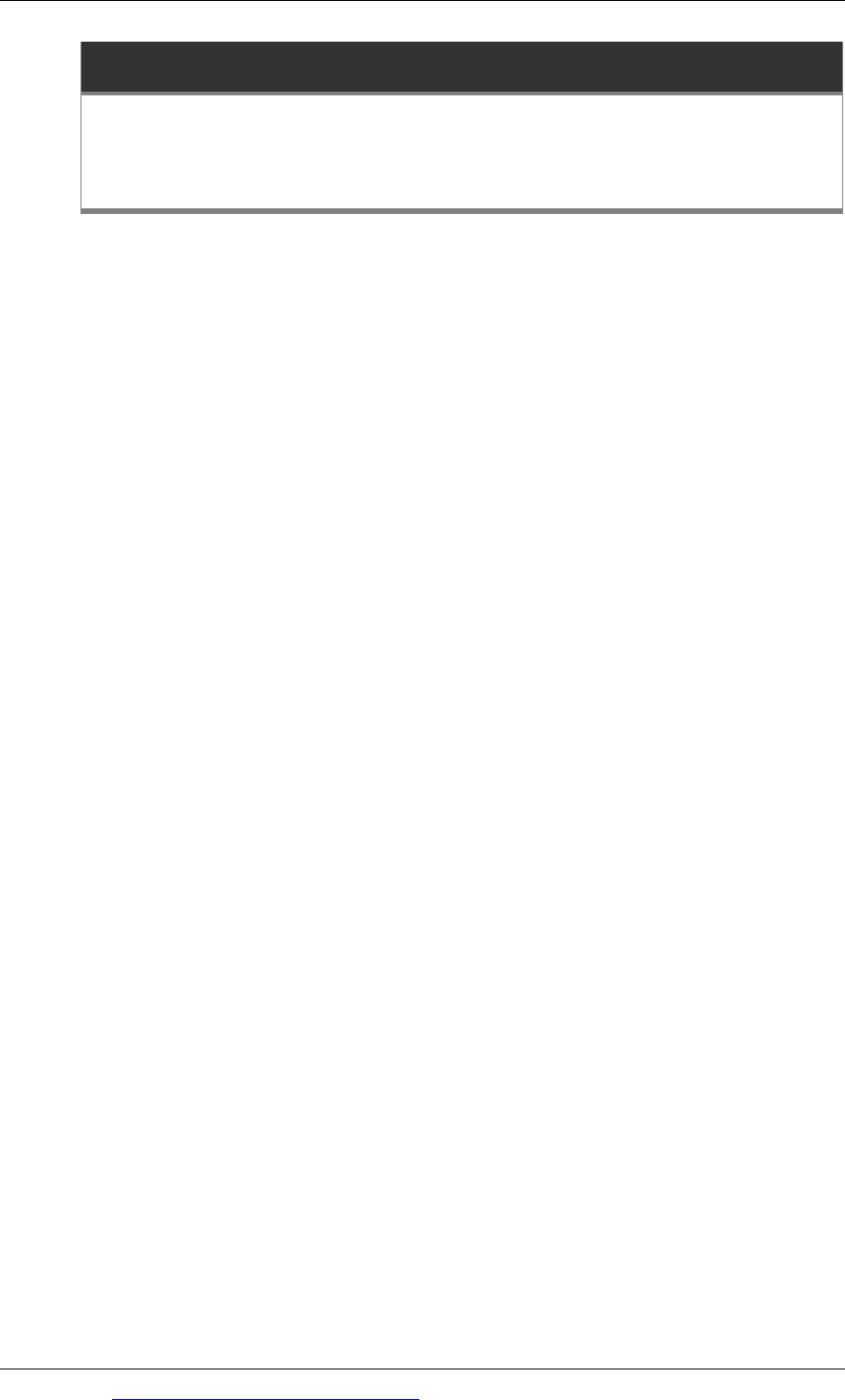
Paper P4: Advanced Financial Management
354 Go to www.emilewoolfpublishing.com for Q/As, Notes & Study Guides © EWP
Open positions and closing positions
Open positions: long and short positions
Settlement
Closing positions
3 Open positions and closing positions
3.1 Open positions: long and short positions
When a person has bought futures without previously having sold any, he
establishes a long position in the futures. A long position in futures therefore
represents an undertaking to buy a quantity of futures at a future date. For example,
if a company buys 10 March US dollar-euro currency futures, it is ‘long’ 10 March
futures.
It is possible to sell futures without having any (in other words, without having a
long position). A position in which a person has sold futures, without previously
buying them, has a short position. For example, someone can sell 100 September
S&P500 Index futures, without already ‘owning’ 100 futures or even without
owning an equivalent quantity of shares in companies in the S&P500 Index.
Short and long positions are both open positions in futures, and at any time, the
total amount of long positions is always equal to the total of short positions. This is
because the number of futures contracts sold and the number purchased must be
equal.
3.2 Settlement
Someone with an open position in futures can keep the position open until the
futures contract reaches its settlement date. At settlement, the holder of a long
position will require the futures exchange to settle the contract for the purchase of
the underlying items in the futures contract. Similarly, at settlement the holder of a
short position will be required to make the sale of the underlying item to the futures
exchange.
Some futures contracts are cash-settled, and some are settled by physical delivery.
For example, short-term interest futures are always cash settled, whereas bond
futures are settled by the actual delivery of a quantity of bonds from the seller to the
buyer.
3.3 Closing positions
Open positions are not usually kept open until settlement, and so only a few futures
contracts are actually settled at their settlement date. Instead, positions are usually
closed before settlement.
